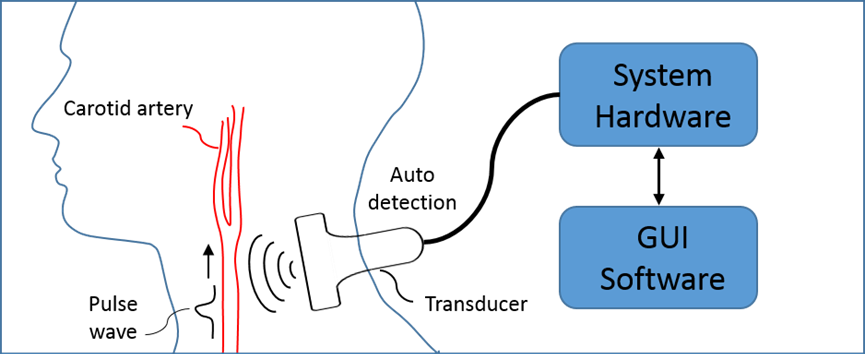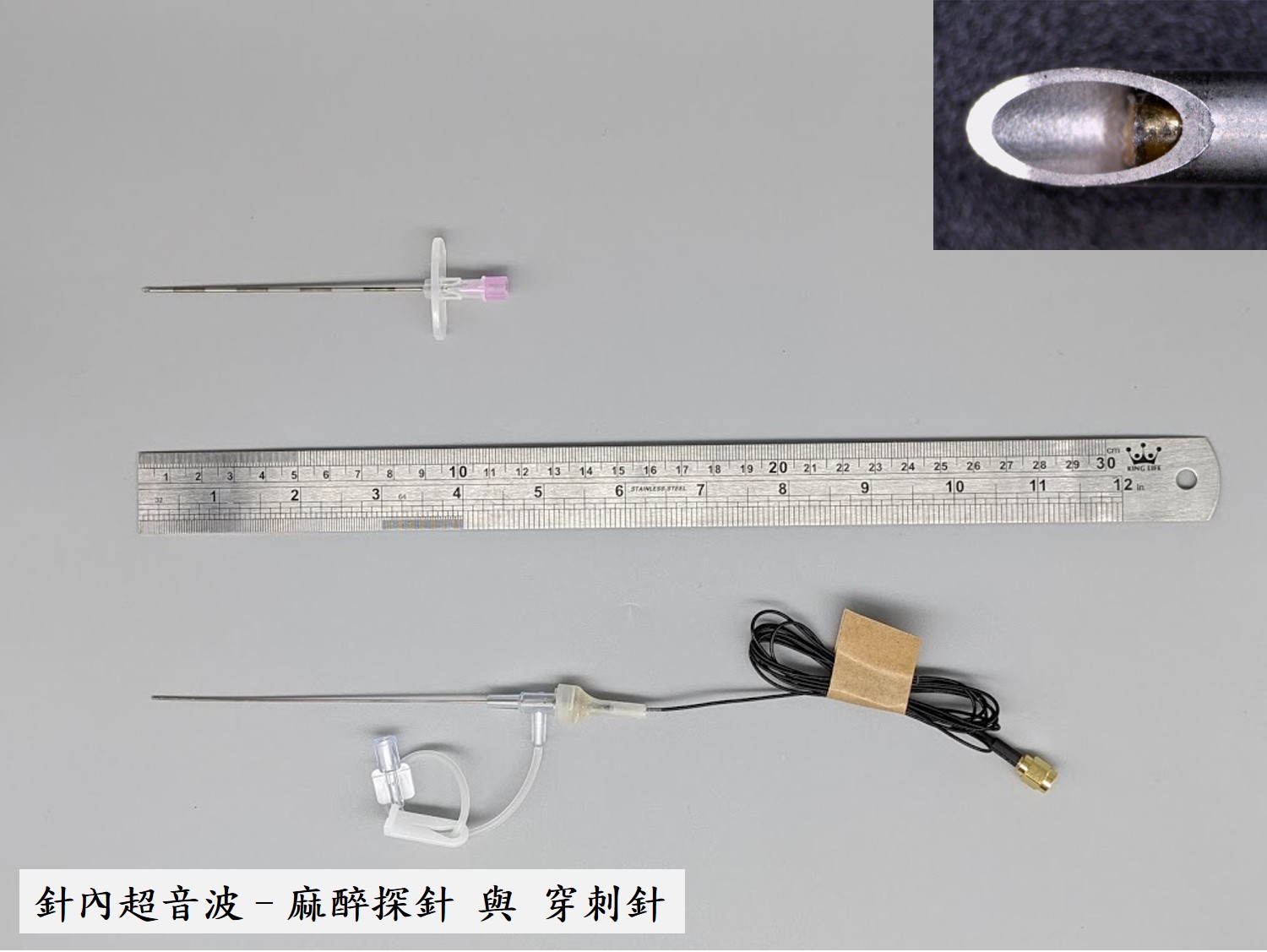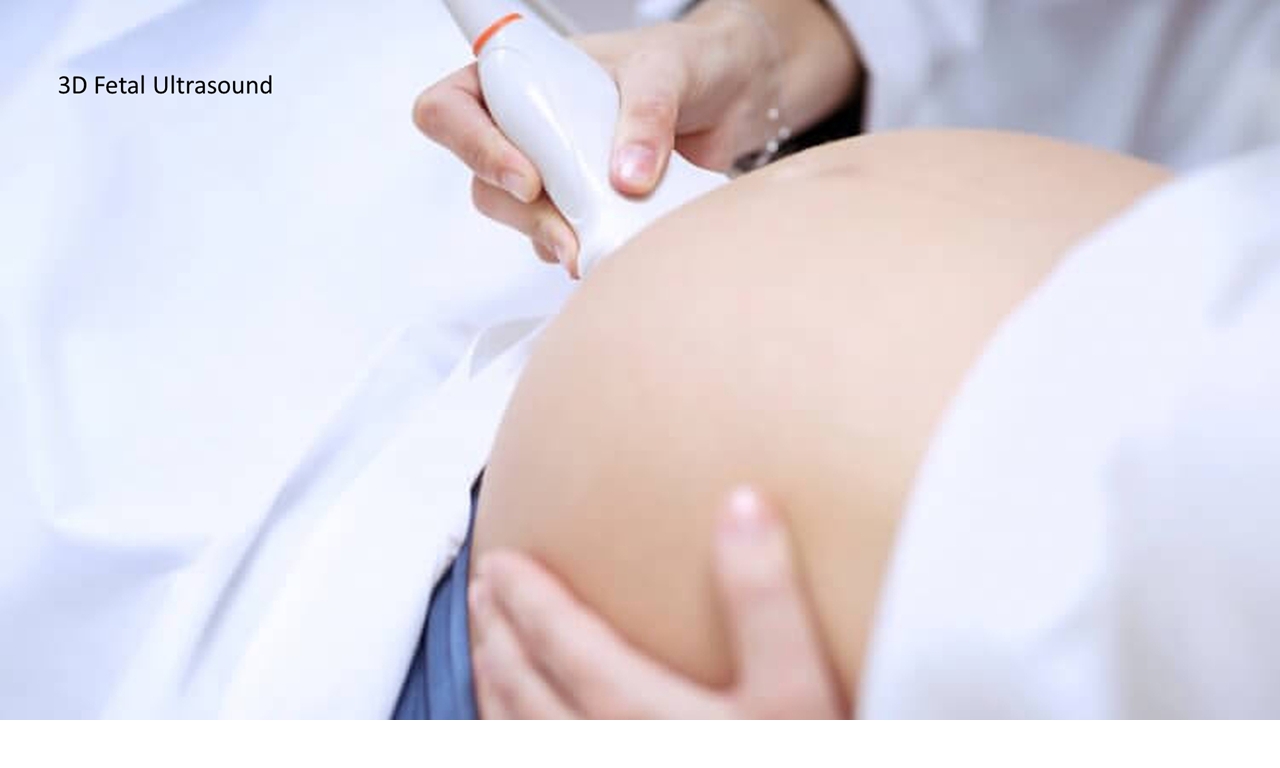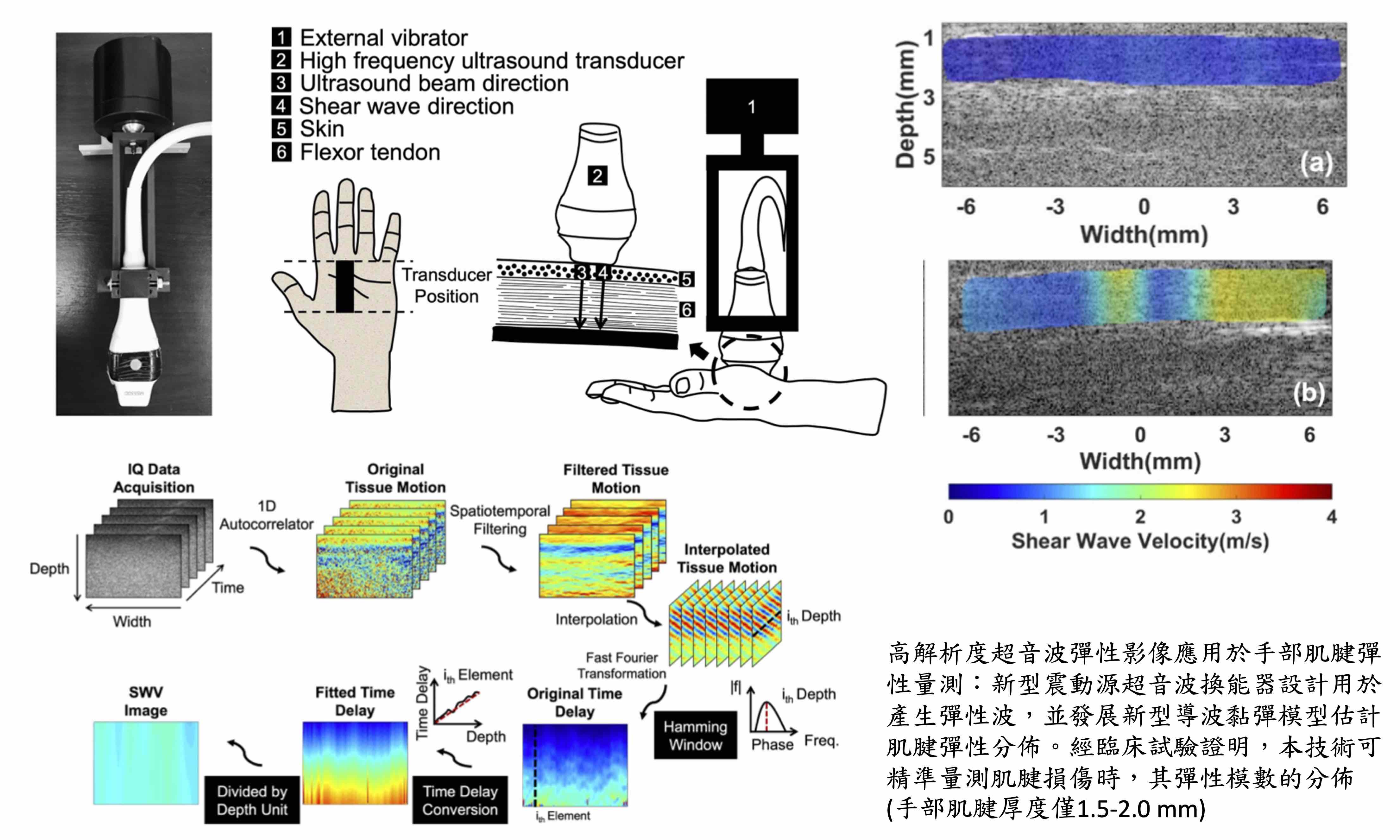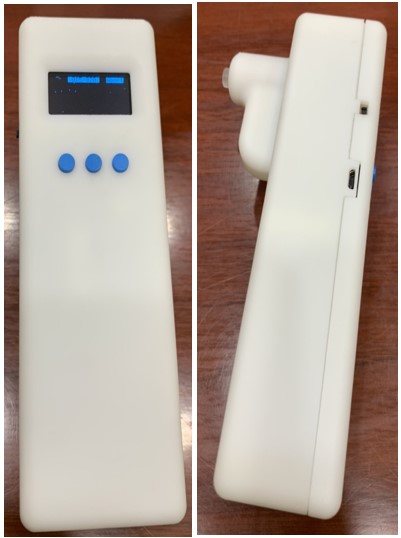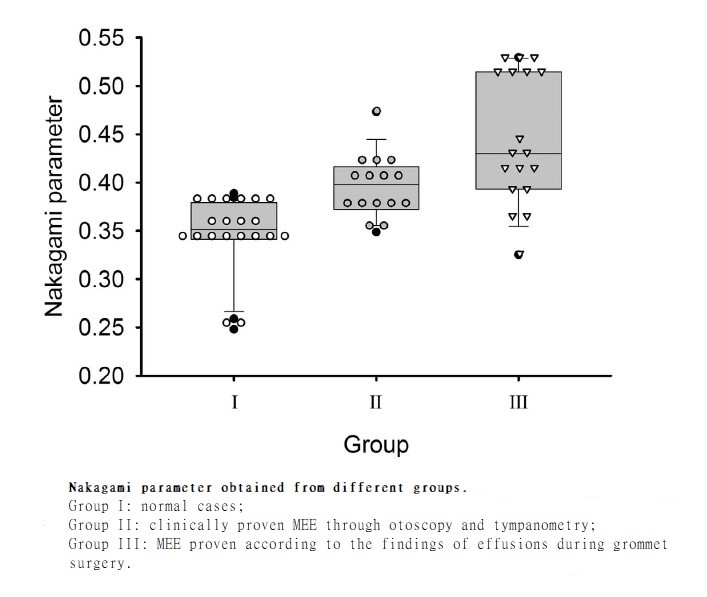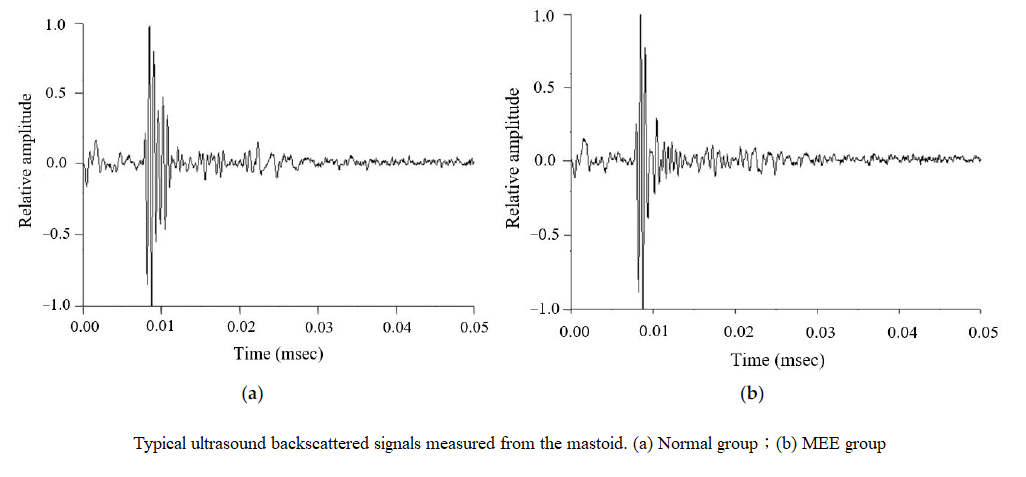| Technical Name | The Feasibility of Using a Pocket Ultrasound Scanner on Patients with Middle Ear Effusion | ||
|---|---|---|---|
| Project Operator | CHANG GUNG MEDICAL FOUNDATION | ||
| Project Host | 陳錦國 | ||
| Summary | We have investigated a potential alternative method for detecting MEE that employs low-frequency ultrasound to detect ME as a noninvasive approach to detecting MEE. A physician would simply need to position an ultrasound transducer against the skin behind the eartransmit an ultrasound pulse into the mastoid for ME evaluation. In contrast to the existing diagnostic procedures, our proposed concept allows patients to be examined without discomfort. In the future, transmastoid ultrasound can be used for detecting MEEevaluating hearing loss, providing routine examinationsfollow-ups to children with potential AOM. |
||
| Scientific Breakthrough | We have investigated a noninvasive method for detecting MEE, it demonstrated that the underlying mechanism that MEE produces mastoid effusion to further affect the statistical properties of ultrasound backscattered signals measured from bony microstructures can be applicable to patients with MEE.Our system also had the ability to discriminate between tympanogram types AB/Cbetween the subjects withoutwith hearing loss. Hence, transmastoid ultrasound can be used for detecting MEEevaluating hearing loss, providing routine examinationsfollow-ups to children with potential AOM. |
||
| Industrial Applicability | Our transmastoid ultrasound system is easy to use to detect middle ear effusion (MEE)without the limitation of timespacehas considerable potential for noninvasivecomfortable evaluation of MEE. The mainstay of our next goal is development of home care auxiliary system products for general household use to detect MEE. In addition, our transmastoid ultrasound can be used for detecting MEEevaluating hearing loss, providing routine examinationsfollow-ups to children with potential AOMthe thickness of the tympanic membrane. |
||
| Keyword | Ultrasound Middle Ear Effusion otitis media mastoid single-element probe non-invasive measurement postoperative examination hearing impairment Precision Medicine audiometry | ||
- Contact
- Chin-Kuo Chen
- dr.chenck@gmail.com
other people also saw

